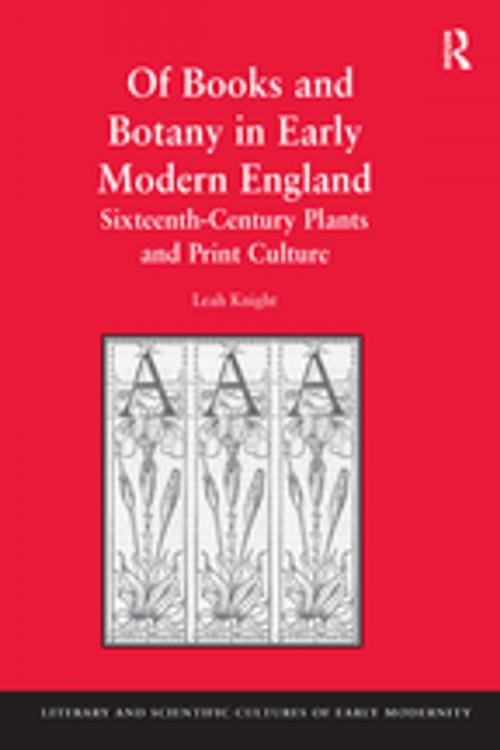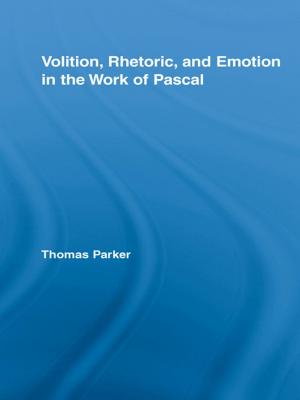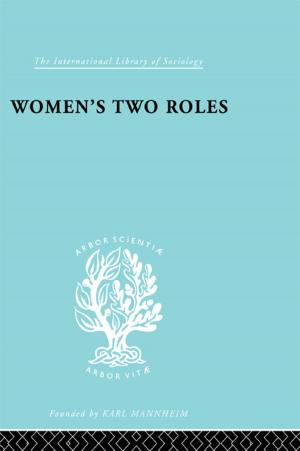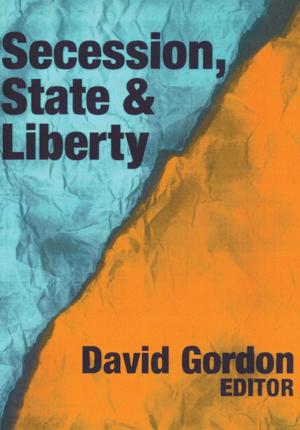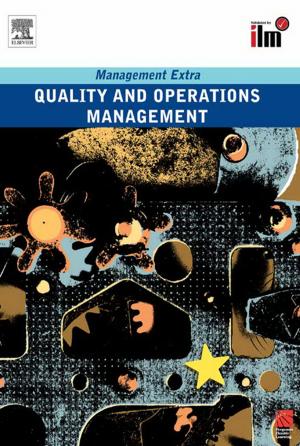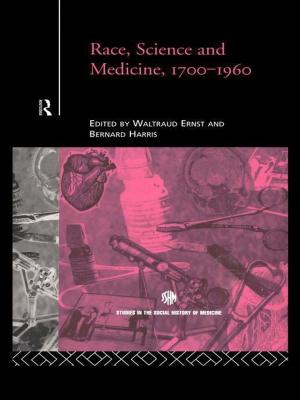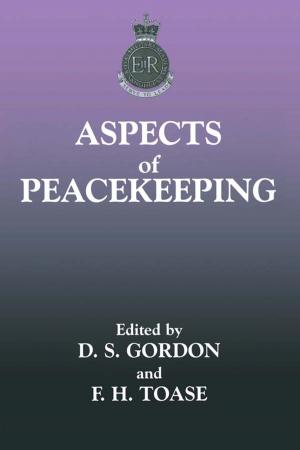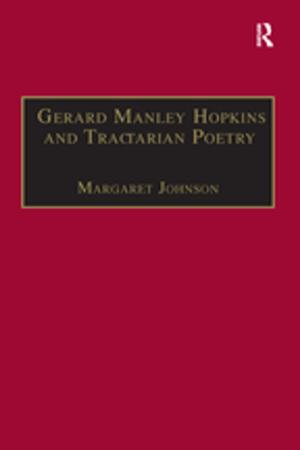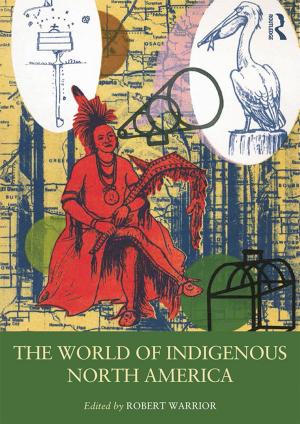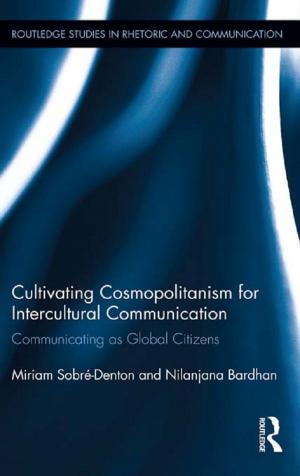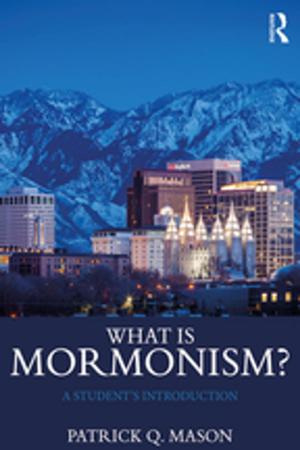Of Books and Botany in Early Modern England
Sixteenth-Century Plants and Print Culture
Fiction & Literature, Literary Theory & Criticism| Author: | Leah Knight | ISBN: | 9781351914116 |
| Publisher: | Taylor and Francis | Publication: | December 5, 2016 |
| Imprint: | Routledge | Language: | English |
| Author: | Leah Knight |
| ISBN: | 9781351914116 |
| Publisher: | Taylor and Francis |
| Publication: | December 5, 2016 |
| Imprint: | Routledge |
| Language: | English |
Contemplating the textual gardens, poetic garlands, and epigrammatic groves which dot the landscape of early modern English print, Leah Knight exposes and analyzes the close configuration of plants and writing in the period. She argues that the early modern cultures and cultivation of plants and books depended on each other in historically specific and novel ways that yielded a profusion of linguistic, conceptual, metaphorical, and material intersections. Examining both poetic and botanical texts, as well as the poetics of botanical texts, this study focuses on the two outstanding English botanical writers of the sixteenth century, William Turner and John Gerard, to suggest the unexpected historical relationship between literature and science in the early modern genre of the herbal. In-depth readings of their work are situated amid chapters that establish the broader context for the interpenetration of plants and writing in the period's cultural practices in order to illuminate a complex interplay between materials and discourses rarely considered in tandem today.
Contemplating the textual gardens, poetic garlands, and epigrammatic groves which dot the landscape of early modern English print, Leah Knight exposes and analyzes the close configuration of plants and writing in the period. She argues that the early modern cultures and cultivation of plants and books depended on each other in historically specific and novel ways that yielded a profusion of linguistic, conceptual, metaphorical, and material intersections. Examining both poetic and botanical texts, as well as the poetics of botanical texts, this study focuses on the two outstanding English botanical writers of the sixteenth century, William Turner and John Gerard, to suggest the unexpected historical relationship between literature and science in the early modern genre of the herbal. In-depth readings of their work are situated amid chapters that establish the broader context for the interpenetration of plants and writing in the period's cultural practices in order to illuminate a complex interplay between materials and discourses rarely considered in tandem today.
